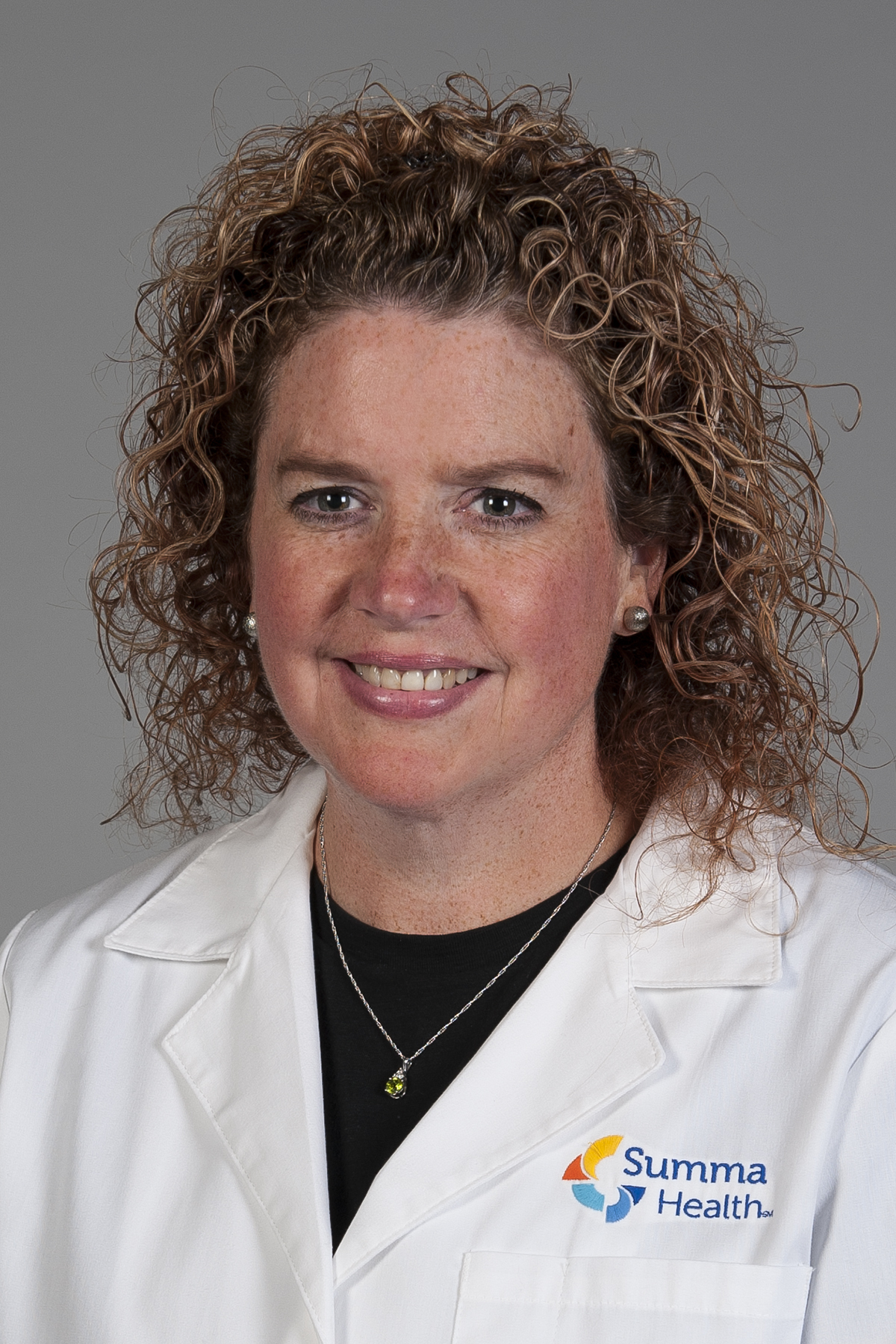Fall Prevention for Seniors
Posted December 06, 2024 by Rathna S Shenoy, MD & Amy Hirnikl, BSN, RN, CCRN-K

With the Summa Health Level One Trauma Center being the first level-one trauma center in the Akron area, our expert trauma staff has caring for patients with injuries from falls for more than 25 years. And as the Baby Boomer generation is getting older, we are seeing more and more patients coming in with a higher incidence of falls.
Assessing the risk of falls in elderly patients
All geriatric patients who come into Summa Health emergency departments are screened for risks of falls while they are in the hospital. In identifying patients who are at higher risk, we often look for answers to questions like:
- Do they have a shuffling gait?
- Do they any use of assistive devices such as canes or walkers?
- Do they have visual or auditory impairments?
- What medications do they take?
- What is their home environment – are there steps into their home or bedroom?
- Do they have incontinence or increased frequency or urgency requiring them to get up in the middle of the night?
- What is their history of falls?
We then perform physical therapy assessments to determine what level of care or needs the patient would have moving forward in preparation for discharge.
Advancing fall prevention
The Summa Health trauma program has a very robust injury prevention team. Together, we offer a one-hour course where our specialists provide a very expansive education on the different techniques a patient can use to prevent falls at a very high level. With the flexibility to be injected into any scenario, it is taught in person as a preliminary introduction to fall prevention.
If there's interest in a more in-depth class on a reoccurring basis, we also provide evidence-based fall prevention programs like Stepping On and Matter of Balance.
Stepping On
Stepping On is a seven-week program specially designed for adult learners who are living at home and have experienced a fall or are concerned about falling. Conducted by trained leaders, the program incorporates strategies to implement positive lifestyle changes to keep older adults independent, upright and active. It features guest experts, including a physical or occupational therapist, pharmacist, community mobility and safety expert, and vision expert.
A Matter of Balance
A Matter of Balance is designed to reduce the fear of falling and improve activity levels among community-dwelling older adults. It enables participants to reduce the fear of falling by learning to view falls as controllable, setting goals for increasing activity levels, making small changes to reduce fall risks at home, and exercise to increase strength and balance.
Our injury prevention team also promotes regular exercise and performs home hazard assessments where we discuss how to improve safety in your home. Medication compliance is another big factor. Summa Health Trauma works with geriatric colleagues and primary care physicians to carefully review patient medications. We encourage conversations about blood thinners and, even though blood thinners can increase the risk of a life-threatening injury from a fall, the need to continue taking them.
Finding local resources
In addition to our own offering, Summa Health Trauma staff work closely with the Area Agency on Aging. The Area Agency on Aging offers a wide range of support services for patients, including a variety of workshops. Many communities also have a paramedicine program, which involves a local fire department performing fall risk assessments with patients. Some even install grab bars and lock boxes, so that they can access a home if someone can't get up and answer their door.
Importance of being proactive
People often think that falling is part of what happens when you get older. However, it's actually the fear of falling that incapacitates an individual to where their quality of life is impacted. They don't want to go outside or to the store, especially when the weather gets bad, out of the fear. That's where the education that the Summa Health fall prevention program provides is really beneficial. It helps increase confidence within our community.
Falling isn't something you have to accept as a normal part of life. To learn more about the Summa Health fall prevention program, please visit summahealth.org/trauma.
Vitality eNews Sign Up
Receive the Summa Health eNewsletter for the latest health tips, advice and updates.


